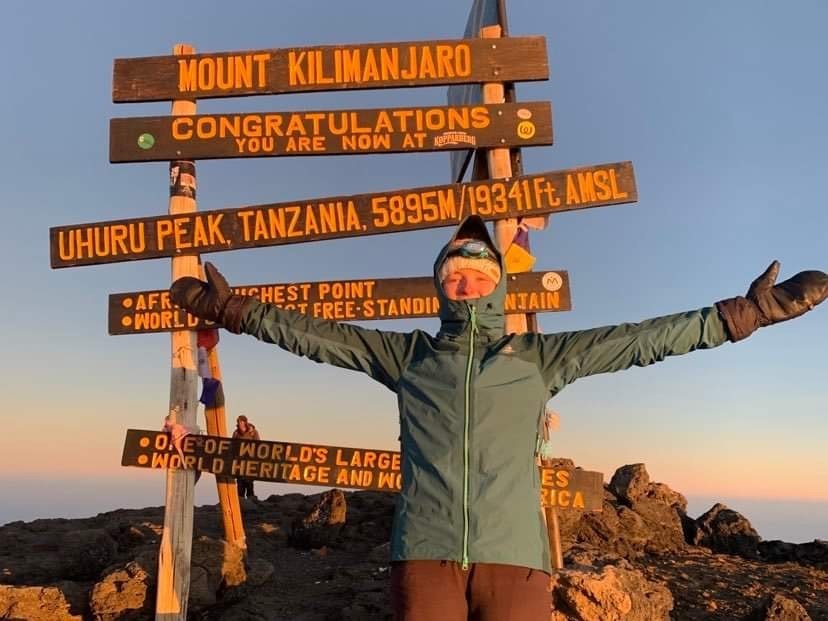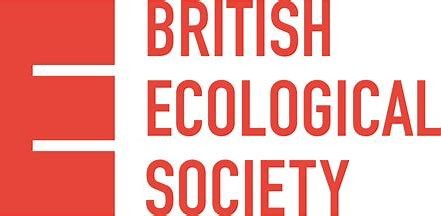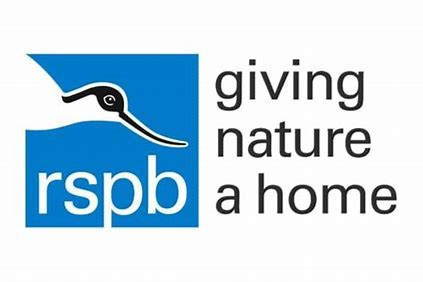
(she/her)
Research PG
- About
-
- Email Address
- r.clark.22@abdn.ac.uk
- Office Address
- School/Department
- School of Biological Sciences
Biography
Rachael is a PhD student funded by QUADRAT DTP. She is investigating environmentally transmitted pathogens in wild red and roe deer, and determining how land use and bioclimate may affect transmission. The project is supervised by Mark Moseley and Sandra Telfer (University of Aberdeen), Kathryn Allan (University of Glasgow) and Eric Morgan (Queen's University Belfast).
This research will be important for understanding the role of wild deer as potential reservoirs for important diseases of livestock and humans that can have negative socioeconomic impacts. Rachael's research interests focus on disease transmission at the wildlife-livestock-human interface and how understanding the role of wildlife in these systems can improve their conservation and management. Click here to read more about Rachael's current and past research.
Rachael is passionate about wildlife conservation and completed her masters at the University of Glasgow in MSc Conservation Management of African Ecosystems. During this degree, she investigated habitat selection and movement behaviours of Kordofan giraffe in Zakouma National Park, Chad. In her undergraduate degree in BSc (Hons) Veterinary Biosciences, also at the University of Glasgow, she created epidemiological models of multiple wildlife hosts to investigate their role in transmission of African Animal Trypanosomiasis to livestock.
In her free time, Rachael enjoys rock climbing, hill walking, badminton and bird watching. In June 2022, she successfully climbed Mt. Kilimanjaro in Tanzania. She is also interested in learning new languages and holds a Level 1 qualification in British Sign Language (BSL) and is currently self-teaching Swahili.

Qualifications
- MSc Conservation Management of African Ecosystems2022 - University of Glasgow
Key Modules: Research Skills, Programming in R, Spatial Ecology, Bayesian Statistics, GIS, Conservation Ecology, Human Dimensions of Conservation and Protected Area Management.
Thesis: "Habitat Selection and Movement of the Critically Endangered Kordofan Giraffe (Giraffa camelopardalis antiquorum) in the Seasonally Flooding Zakouma National Park, Chad"
- BSc (Hons) Veterinary Biosciences2021 - University of Glasgow
Key Modules: Anatomy, Physiology, Nutrition, Animal Management, Pharmacology, Principles of Cancer, Animal Behaviour and Welfare, Veterinary Public Health and Conservation.
Thesis: “Simplified models as a robust tool for incorporating wildlife in African Animal Trypanosomiasis modelling”.
Prizes and Awards
Best Student Performance, 2022. University of Glasgow. Awarded to the highest scoring student from the 2021-2022 cohort of Conservation Management of African Ecosystems.
Veterinary Biosciences Research Award, 2021. University of Glasgow. Awarded to the student with the best research project from the Veterinary Biosciences programme.
Head of College Scholars, 2019. University of Glasgow. Awarded to undergraduate students in their second and third year who have demonstrated a high level of academic achievement.
- Research
-
Research Overview
My research interests focus on disease transmission at the wildlife-livestock-human interface and how understanding the role of wildlife in these systems can improve their conservation and management.
Research Areas

Biological and Environmental Sciences
Research Specialisms
- Biological Sciences
- Ecology
- Zoology
- Animal Science
Our research specialisms are based on the Higher Education Classification of Subjects (HECoS) which is HESA open data, published under the Creative Commons Attribution 4.0 International licence.
Current Research
Environmentally transmitted pathogens in wild red (Cervus elaphus) and roe (Capreolus capreolus) deer: the role of land use and bioclimate.
Wildlife play an important role in the epidemiology of some of the most important pathogens of livestock and humans, either as reservoirs or vectors for infection. The presence of wildlife hosts can complicate disease management as traditional control measures, such as vaccination, are challenging in wildlife species. Despite the abundance and widespread distribution of both red and roe deer in the UK and increasing awareness that deer may play a role in the epidemiology of numerous zoonotic and livestock pathogens, less is known about how these roles may differ between deer species, whose ecology can differ significantly and to what extent land use and bioclimate conditions drive infection risk in wild deer. Rachael's project will involve a combination of field work, liaising with local gamekeepers and deer stalkers for sample collection, serological and molecular testing, GIS and a variety of statistical modelling.


Past Research
Habitat Selection and Movement of the Critically Endangered Kordofan Giraffe (Giraffa camelopardalis antiquorum) in the Seasonally Flooding Zakouma National Park, Chad
This project used GPS telemetry and multi-scale resource selection analysis that included an integrated step selection analysis to assess seasonal variation in protected area use, habitat selection and movement behaviours of giraffe in a flooding environment. We identified areas of potential conflict when giraffe moved beyond the boundaries of the protected area and key habitat types that are selected for and avoided by the giraffe, thus highlighting needs for conservation efforts and management of this critically endangered subspecies of giraffe.
Supervisors: Dr Michael B. Brown (Smithsonian Conservation Biology Institute), Dr Thomas Morrison (University of Glasgow)
Simplified Models as a Robust Tool for Incorporating Wildlife in African Animal Trypanosomiasis Modelling
This project involved creating multi-host SEIRS epidemiological models and then simplifying these into a single host category for wildlife using weighted averaging based on the blood meal preference of tsetse flies for each host. We then explored how influencing the proportion of blood meals taken from wildlife and livestock affected infection in the livestock hosts, and what the impacts of increasing wildlife populations would have on onwards transmission of the disease into nearby livestock populations.
Supervisors: Dr Shaun Keegan (University of Glasgow), Prof Louise Matthews (University of Glasgow)
Collaborations
Collaborated with Michael B. Brown from Smithsonian Conservation Biology Institute and Giraffe Conservation Foundation on her MSc project.
- Publications
-
Page 1 of 1 Results 1 to 1 of 1
Seasonal Dynamics Impact Habitat Preferences and Protected Area Use of the Critically Endangered Kordofan Giraffe (Giraffa camelopardalis antiquorum)
African Journal of Wildlife Research, vol. 53, no. 1 , pp. 119-134Contributions to Journals: Articles- [ONLINE] DOI: https://doi.org/10.3957/056.053.0119



